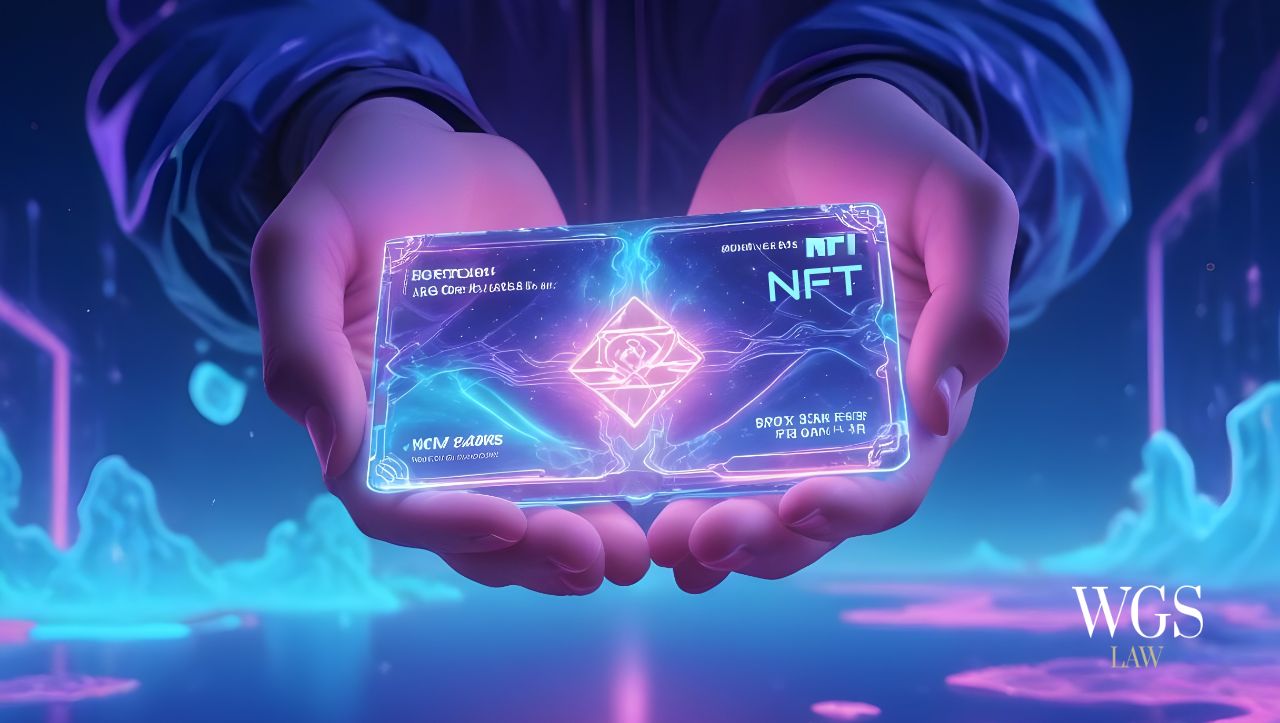If you prefer having NFTs in your portfolios, you need to understand how these assets fit into modern estate planning. Unlike your traditional assets, such as real estate, these are much more complex and volatile. Thus, they require a different approach for proper management and smooth transfer.
Sounds overwhelming? Don’t worry; we have simplified the process for you! Just follow these 6 simple steps to seamlessly incorporate NFTs into your modern estate planning:
Step 1: Create Ownership Documents
Create a document with all your NFT’s purchase history, including proof of ownership, associated metadata, etc. You don’t have to include your access credentials (private keys and backup phrases) in this document, but you should include some information about how to retrieve them after your passing.
Step 2: Hire Digital Executors with Experience in Modern Estate Planning
Digital executors possess the technical expertise and familiarity required for managing and transferring your NFTs and other digital assets. They can help you understand the legal and regulatory frameworks governing these assets, find appropriate storage solutions, and facilitate seamless transfer to your beneficiaries.
Step 3: Use Secure Storage Solutions
Talking about storage solutions, it’s important to find options that will protect your assets against all external risks including theft or hacking. These solutions can include encrypted digital wallets or offline storage options.
Then, you need to provide clear instructions to your designated digital executor about where the access credentials are securely stored and how to retrieve them. This will ensure that your assets aren’t inaccessible or at risk of being lost after you’re gone.
Step 4: Create a Will/Trust
A will or a trust is the basic foundation of modern estate planning. These legal documents help in outlining your wishes regarding the distribution of your assets. The only difference between the two is that the will goes through probate, while the trust generally bypasses this process.
You can choose one of these based on your preferences and financial situation.
Step 5: Inform Beneficiaries
Apart from your digital executor, you need to inform your beneficiaries about your NFT holdings. While it’s understandable that you might not wish to disclose details of your estate plan in advance, it’s crucial that your heirs have some information about your digital assets.
Remember that NFTs are decentralized assets, and there’s no central authority to oversee their management or retrieval. This means that if you die without telling your loved ones about them, they’ll be lost forever.
Step 6: Stay Updated
Regulations surrounding NFTs are continuously evolving. Thus, your estate plan needs to stay updated and compliant with the relevant laws. This can include regularly assessing their value, incorporating new storage solutions, and reviewing beneficiary designations.
Need More Help?
Navigating through the complexities of NFTs and modern estate planning can be daunting. But you don’t have to tackle this alone. We’re here to help! Just reach out to WGS Law for legal advice by scheduling a virtual call. Our team can provide guidance to help you secure your financial legacy for future generations.



